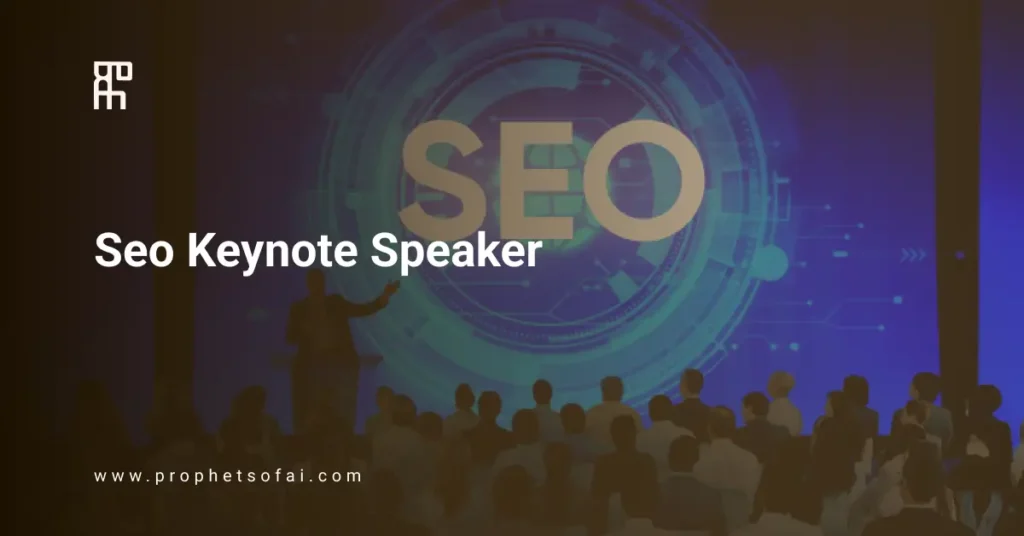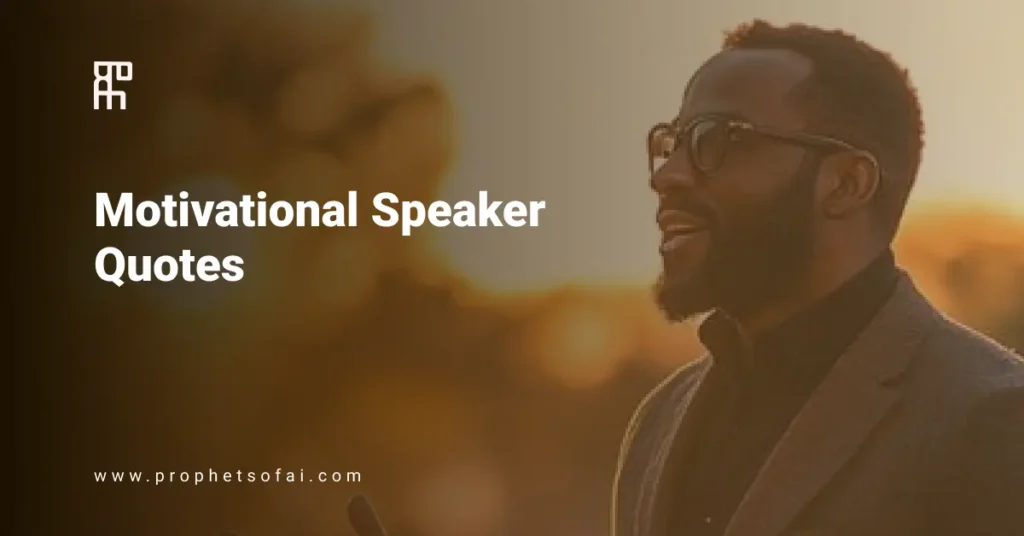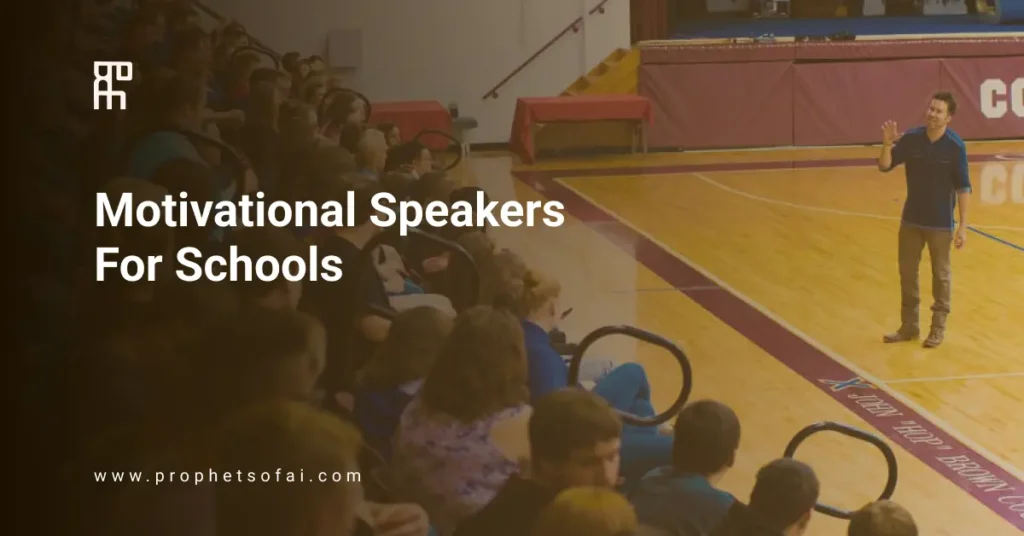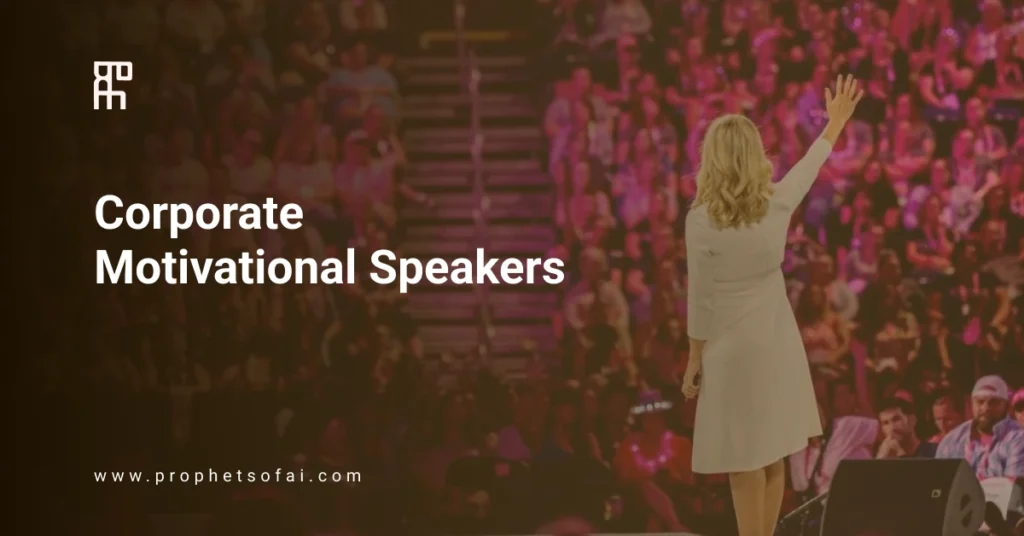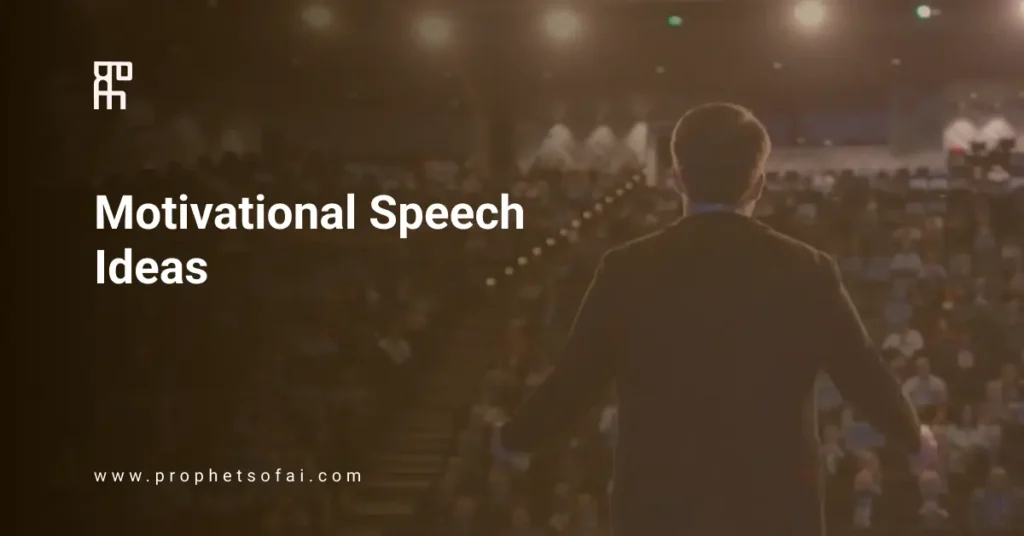A keynote speaker is the lead presenter who sets the tone for your entire event. They introduce the central theme, energize your audience, and shape how attendees experience everything that follows.
Choosing the right keynote speaker can make or break your event’s success. The wrong choice leads to disengaged audiences and wasted budget. The right one creates momentum that carries through every session and conversation.
This guide covers what keynote speakers do, when you need one, how much they cost, and how to choose the perfect fit for your event.
What Is a Keynote Speaker?
A keynote speaker is the primary presenter who establishes your event’s main theme and sets the tone. They deliver the central message that unifies your audience, whether that’s 50 people or 5,000.
Unlike workshop facilitators who dive into specific topics, keynote speakers take the big-picture approach. They connect your entire audience around one unifying idea: inspiring change, introducing trends, or aligning people around goals.
Most events feature one keynote at the start. Larger conferences sometimes add a closing keynote to reinforce key takeaways.
Why It’s Called “Keynote”?
The term comes from music. In the 1600s, musicians used “keynote” for the foundational note of a musical key. By 1783, people applied it to mean a central principle or main idea. “Keynote speaker” appeared in 1896.
The metaphor fits. A musical keynote establishes the key. A keynote speaker establishes the theme.
What Does a Keynote Speaker Actually Do?
Keynote speakers set the tone for your entire event. They introduce the central theme, establish energy levels, and give attendees a reason to stay engaged through every session that follows.
Their job goes beyond just presenting information. A good keynote speaker aligns their content with your event objectives, understands your audience’s challenges, and delivers a message that resonates long after people leave the venue.
The best ones make your attendees feel something. They spark conversations in hallways, get quoted in follow-up emails, and give people a shared reference point for the rest of your program.
Three Things Every Keynote Does
Educate: They share expertise and insights your audience can’t easily get elsewhere, breaking down complex topics into understandable takeaways.
Inspire: Great keynotes motivate people to think differently or take action through authentic stories and unexpected perspectives.
Entertain: They keep audiences engaged through storytelling, humor, and dynamic delivery that makes their message memorable.
Opening vs. Closing Keynotes
Opening keynotes launch your event with energy and set expectations for what’s coming. Closing keynotes tie everything together and send people home with clear, actionable takeaways. Opening speeches typically draw bigger crowds since attendees often leave early on the final day.
Keynote vs. Guest Speaker
The difference comes down to role and scope. Keynote speakers are the lead attraction who set your event’s overall tone and introduce the main theme. Guest speakers fill supporting roles, diving deeper into specific subtopics after the keynote establishes the foundation.
Keynote speakers typically work as full-time professional presenters. They command higher fees, get top billing in your marketing, and carry the weight of shaping how people experience your entire event. Guest speakers might be industry practitioners, subject matter experts, or emerging voices who add depth to particular areas.
Think of it like a concert. The keynote is your headliner. Guest speakers are the supporting acts that complement the main performance.
Keynote vs. Other Speaker Types
Here’s how keynote speakers differ from other roles you might book:
| Speaker Type | Primary Role | Key Difference |
| Keynote Speaker | Sets event tone and introduces main theme | Addresses entire audience with big-picture message |
| Workshop Facilitator | Teaches specific skills through hands-on practice | Interactive, smaller groups, tactical focus |
| Panelist | Discusses topics with other experts | Shares stage, conversational format, shorter speaking time |
| Master of Ceremonies | Guides attendees through event flow | Connects segments, minimal content delivery |
| Motivational Speaker | Inspires through personal stories | May lack industry-specific expertise |
| TED-Style Speaker | Delivers focused 18-minute idea | Shorter format, single concept, tightly scripted |
The keynote speaker role carries the most weight in terms of budget, promotional value, and impact on your event’s overall success. Every other speaking role supports or complements what the keynote establishes.
What Makes a Great Keynote Speaker?
Great keynote speakers combine three elements: clear communication, authentic storytelling, and genuine expertise.
They explain complex ideas simply, share real experiences rather than generic advice, and command attention through confident delivery.
Credibility matters most. The best speakers have accomplished something your audience respects, whether that’s building companies, leading research, or solving real problems in their field.
Why Stories Beat Statistics
Your brain stores facts differently than emotions. When a speaker triggers emotional responses through stories, humor, or personal failures, those emotions help you remember the actual information months later. That’s why you recall narratives better than data points.
Red Flags to Avoid
Generic presentations that could work for any audience, outdated demo videos, and poor communication during booking often signal bigger problems on event day.
When Do You Need a Keynote Speaker?
Keynote speakers add the most value at conferences, corporate retreats, and annual summits where you need to unify diverse attendees around a central message. They work well for product launches that require excitement and buy-in, sales kickoffs that need to energize teams, and fundraising galas where emotional connection drives donations.
When a Keynote Adds Maximum Value
You’ll get the best return on a keynote speaker investment when your audience exceeds 50 people. Smaller groups often benefit more from interactive workshops or roundtable discussions.
Keynotes work particularly well when you’re introducing major changes, launching new initiatives, or trying to shift organizational culture. They give leadership a powerful platform to communicate vision in ways that emails and memos cannot.
When You Might NOT Need One
Skip the keynote if you’re running highly tactical, workshop-focused events where hands-on learning matters more than inspiration. Small gatherings under 30 people usually benefit more from intimate discussions than formal presentations.
Budget constraints matter. If booking a keynote means cutting essential event elements like quality AV equipment, proper catering, or adequate venue space, reconsider your priorities. A mediocre keynote in a poorly executed event helps nobody.
Panel discussions, fireside chats, or multiple subject matter experts might serve your goals better than a single keynote, depending on what your audience actually needs to learn.
How Much Does a Keynote Speaker Cost?
Keynote speaker fees range from $2,500 to over $500,000 depending on expertise and recognition.
Entry-level professional speakers typically charge $2,500 to $7,500. Mid-tier speakers with established reputations run $7,500 to $25,000. Established industry experts command $25,000 to $75,000. Celebrity speakers and high-profile thought leaders start at $75,000 and can exceed $500,000.
What Impacts Pricing?
Speaker expertise and industry reputation drive pricing more than anything else. Someone who built a billion-dollar company or wrote a bestselling book commands premium fees based on proven credibility.
Travel requirements affect costs significantly. Flying a speaker across the country, covering hotels, and accounting for their time away from other work all factor into the final number. Local speakers cost less simply because logistics are simpler.
Event size and type matter. Speaking to 50 people costs less than addressing 5,000. Virtual presentations typically run cheaper than in-person appearances. Multi-day commitments or events requiring extensive customization increase fees.
How to Choose the Right Keynote Speaker
Step 1: Define Your Objectives
Start by clarifying what you want attendees to feel, learn, or do after the keynote. Are you trying to inspire change, educate about industry trends, or energize your team? Your objectives determine which type of speaker will work best.
Step 2: Research and Shortlist
Find potential speakers through bureaus, colleague referrals, industry conferences, or online databases. Watch their demo videos and past presentations to assess speaking style and content quality.
Look beyond credentials to actual performance. A speaker with impressive achievements but poor stage presence won’t deliver the impact you need. Check recent testimonials from events similar to yours.
Step 3: Evaluate Fit
Assess whether each candidate’s expertise aligns with your event theme. Their speaking style should match your audience’s preferences. A high-energy motivational approach works for some crowds but falls flat with others.
Determine their willingness to customize content. Generic speeches rarely land well. The best speakers invest time understanding your organization and tailoring their message accordingly.
Step 4: Budget and Logistics
Negotiate fees based on your budget and the speaker’s flexibility. Consider total costs including travel, accommodation, and any additional services you need.
Review contract terms carefully. Confirm cancellation policies, content ownership, recording rights, and what happens if the speaker can’t fulfill their commitment.
Step 5: Pre-Event Collaboration
Brief your chosen speaker thoroughly on your organization, audience composition, and event goals. Share relevant background materials, recent company news, and any sensitive topics to avoid.
Schedule tech rehearsals and confirm AV requirements well before event day. Discuss promotional activities like social media posts or pre-event videos that can build anticipation.
Key Questions to Ask Before Booking
- Can you customize your presentation for our specific audience and goals?
- What information do you need about our organization to prepare effectively?
- What’s your typical preparation process and timeline?
- Can you provide references from similar events you’ve done recently?
- What are your exact technical requirements for presentation delivery?
- What’s your cancellation policy if unforeseen circumstances arise?
- What’s included in your fee versus what costs extra?
- Are you available for pre-event promotion or post-event follow-up?
The Business Value of Keynote Speakers
Strong keynote speakers boost event registration numbers. Their name recognition and reputation attract attendees who might otherwise skip your event. This marketing value often justifies the investment before they even step on stage.
Post-event satisfaction scores typically correlate directly with keynote quality. A great speaker elevates how people perceive your entire event, even if other sessions were mediocre. They also generate social media content, promotional videos, and testimonials you can use for future marketing.
Intangible Benefits
Keynote speakers create shared experiences that align teams around common goals. When 500 employees hear the same message delivered powerfully, it builds cultural cohesion that’s hard to achieve through other means.
The right speaker positions your organization as forward-thinking within your industry. Bringing in respected thought leaders signals that your company values innovation and invests in employee development.
Measuring ROI
Track attendance numbers compared to previous events without keynote speakers. Survey attendees specifically about the keynote’s impact on a 1-10 scale. Monitor social media mentions and engagement around the speaker’s presentation.
The harder metrics matter too. Look for behavior changes in the weeks following your event. Did sales techniques improve? Did employees adopt new frameworks? Did attendees implement the strategies discussed? These outcomes justify the investment far more than attendance numbers alone.
Working with a Speakers Bureau
Speakers bureaus provide access to vetted speakers, handle negotiations, and manage logistics. The commission gets absorbed by the speaker, so you pay the same fee whether booking direct or through a bureau.
Why Choose Prophets of AI
Prophets of AI matches organizations with keynote speakers who deliver measurable impact. We handle everything from initial consultation through event day coordination, ensuring your speaker arrives prepared and your event runs smoothly.
Contact us for a free consultation on your next event.
